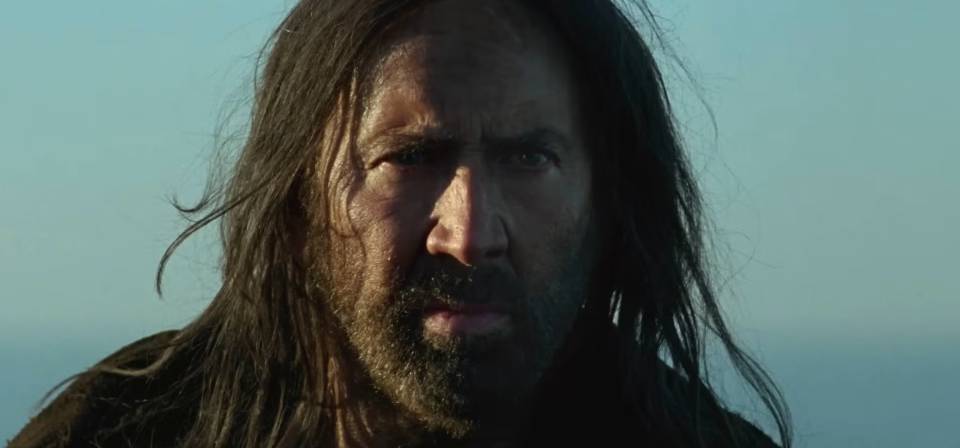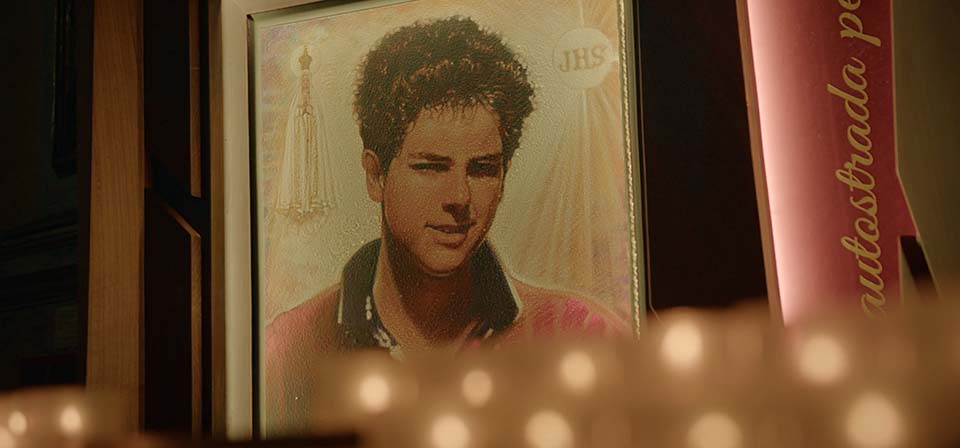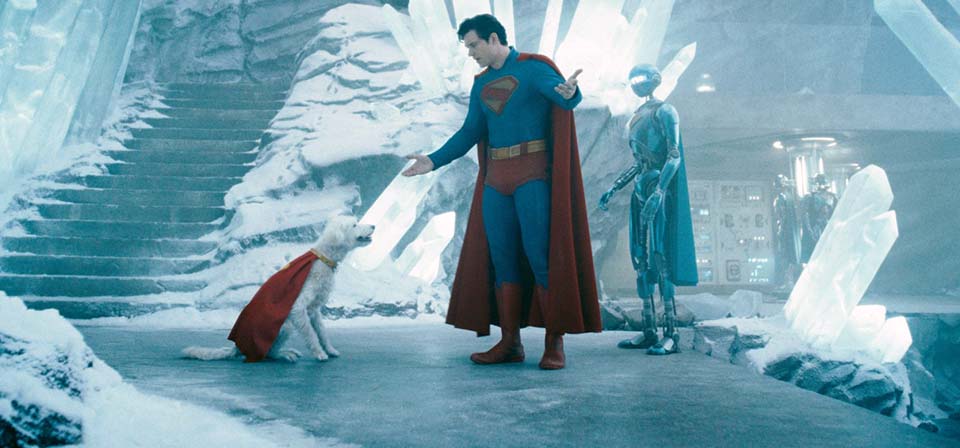
Benoit Blanc goes to church: Mysteries and faith in Wake Up Dead Man
Wake Up Dead Man is about an impossible murder, among other impossible mysteries; it is also about the sociopolitical implications of two opposing conceptions of Christianity and of Catholicism in particular.

Are there too many Jesus movies?
Two Jesus movies in the same year may not be all that surprising — but what about two or even three sets of twin Jesus productions, for a total of six productions in a single year? 2025 has to be some kind of record!

Antidote to the digital revolution: Carlo Acutis: Roadmap to Reality
I have long been proud of my kids for having spontaneously decided, many years ago, to give up all video games every Lent, except on Sunday afternoons and on any solemnities. Carlo Acutis, though, was next level. At eight years old, he was given a PlayStation console — and he resolved to limit himself to one hour a week. “The GOAT,” as my kids approvingly say.

“Not I, But God”: Interview with Carlo Acutis: Roadmap to Reality director Tim Moriarty
“I think the idea that Carlo was simply just this digital online saint is a disservice to who he was. His life was spent off screens, really encountering the world and loving the world and loving Christ. The digital stuff was really just a means of sharing that love.”

Gunn’s Superman is silly and sincere, and that’s good. It could be smarter.
Insofar as writer-director Gunn (Guardians of the Galaxy) was hired to make an definitive break from the nihilistic, grimdark Snyderverse DC movies and recover a sense of Superman as a character so decent and generous that it’s okay if he’s corny: mission accomplished.

Elio is a space adventure that Toy Story’s Andy would actually enjoy
Pixar’s Elio is the kind of movie that Lightyear should have been.

The Life of Chuck: Stephen King and Mike Flanagan on life, death, and the end of the world
“Whoever saves one life, saves the world entire.” That saying from the Talmud — popularized as a tagline for Schindler’s List, in which Ben Kingsley’s Itzak Stern quotes the line — is not used in The Life of Chuck, but in my mind it might as well be.

Paddington in Peru is pleasant, underachieving nonsense
The decency and goofy sweetness of the King films continue in Paddington in Peru, though the broader moral and social themes are lost in the quest adventure plot.

SDG’s Top 10 Christmas movies list!
I do hope to get back to more regular movie writing in 2025. For now, I hope you enjoy my latest “quick win,” a tongue-in-cheek Christmas movies list I published at All Things SDG.

The Wild Robot (2024)
Watching Chris Sanders’s The Wild Robot, I felt things I haven’t felt in a very long time watching a Hollywood animated movie outside the Spider-Verse: wonder, discovery, joy.
Recent
- Benoit Blanc goes to church: Mysteries and faith in Wake Up Dead Man
- Are there too many Jesus movies?
- Antidote to the digital revolution: Carlo Acutis: Roadmap to Reality
- “Not I, But God”: Interview with Carlo Acutis: Roadmap to Reality director Tim Moriarty
- Gunn’s Superman is silly and sincere, and that’s good. It could be smarter.
Home Video
Copyright © 2000– Steven D. Greydanus. All rights reserved.